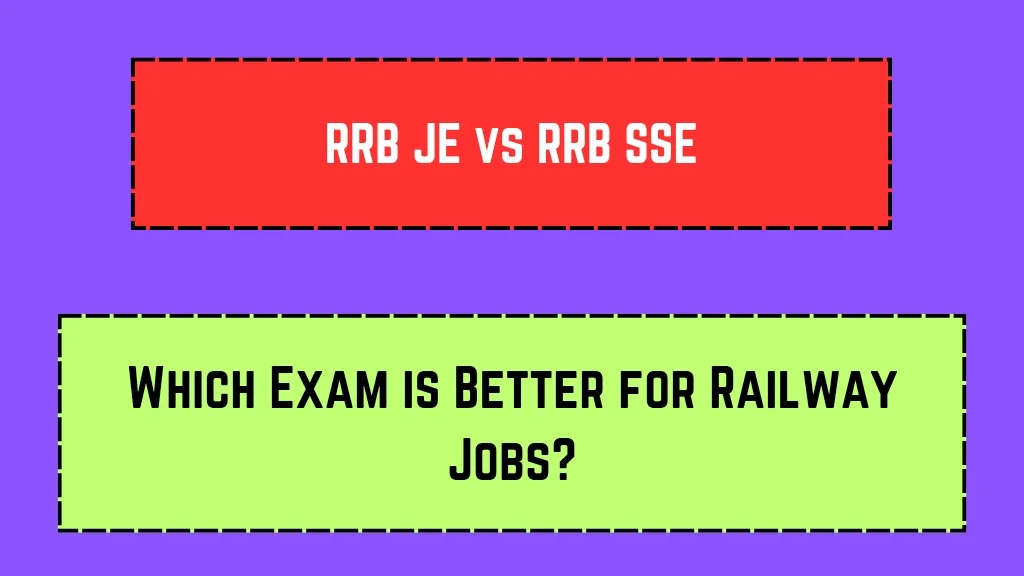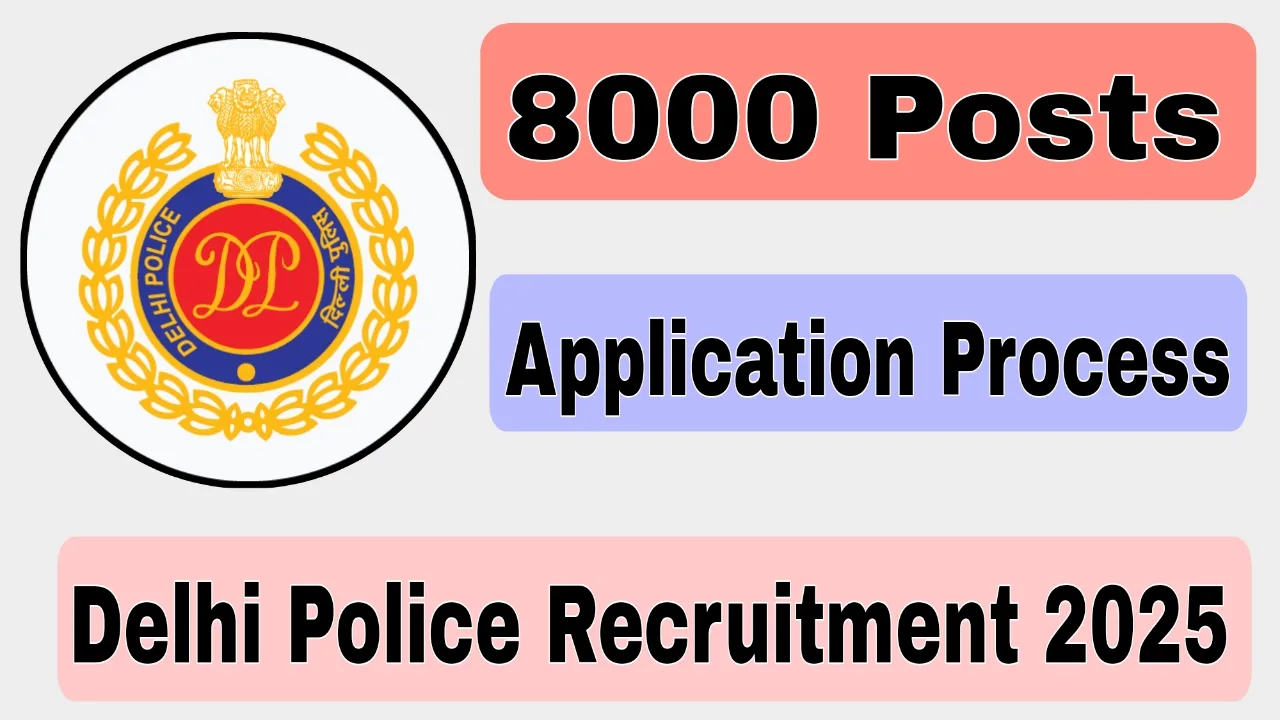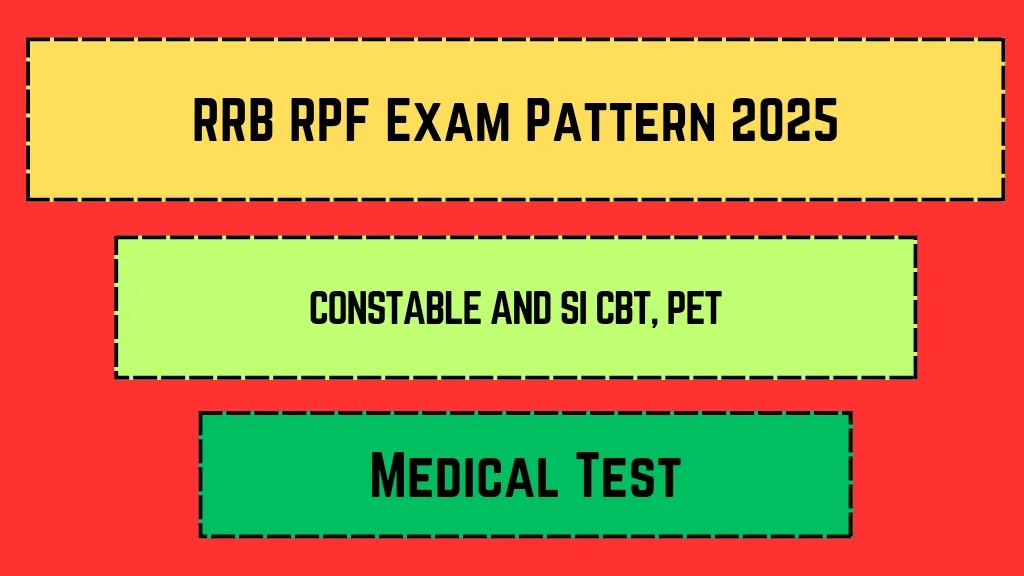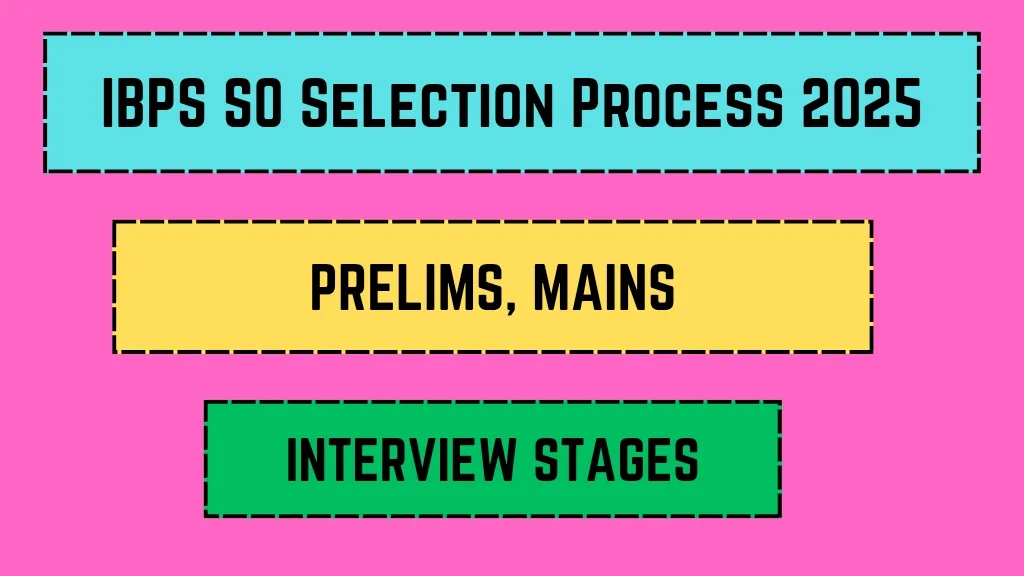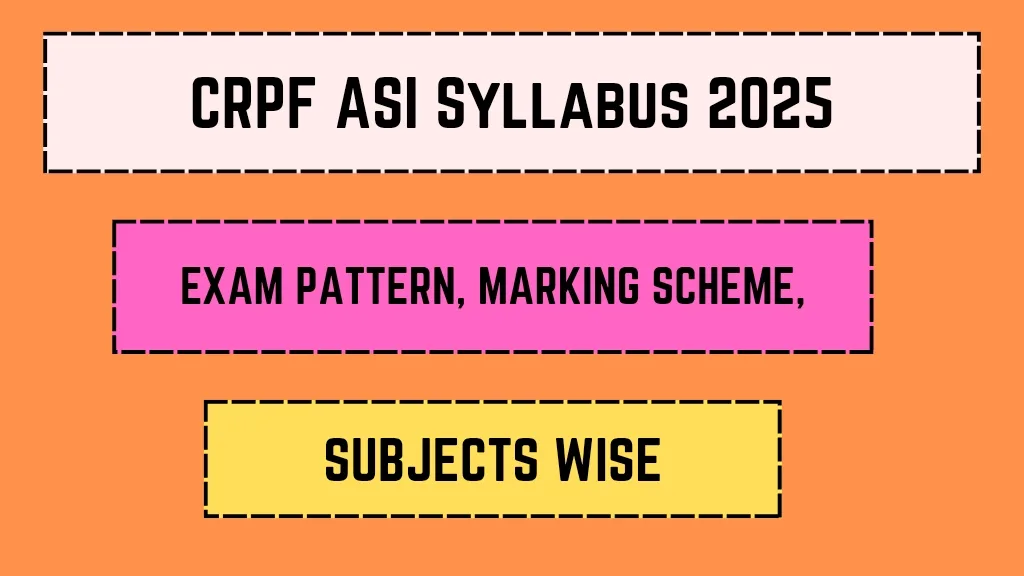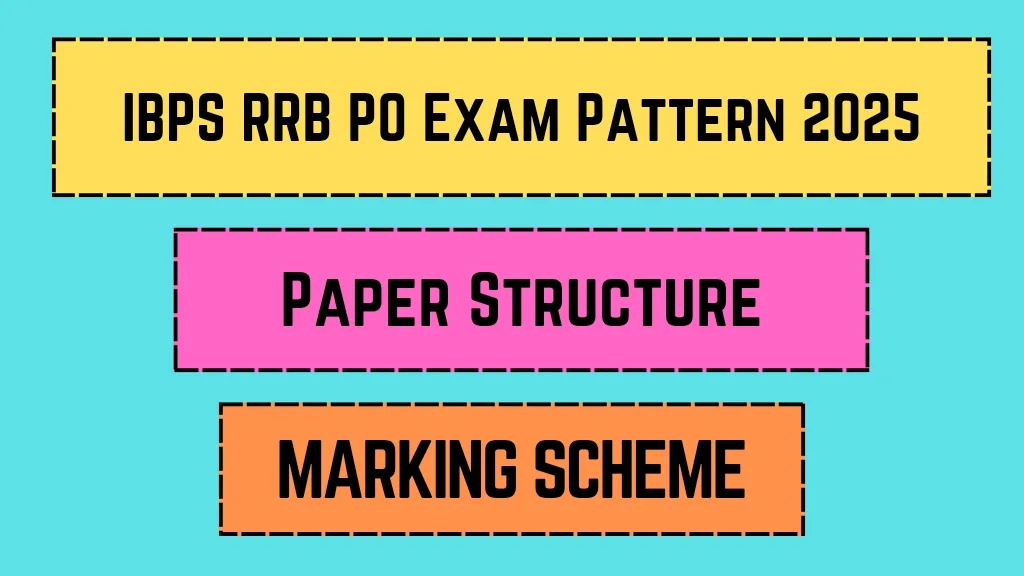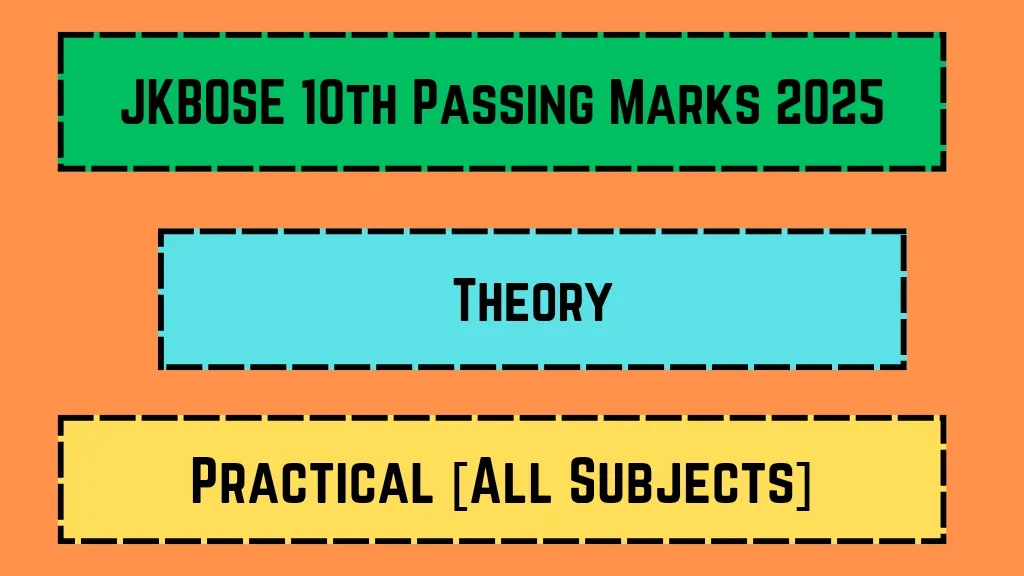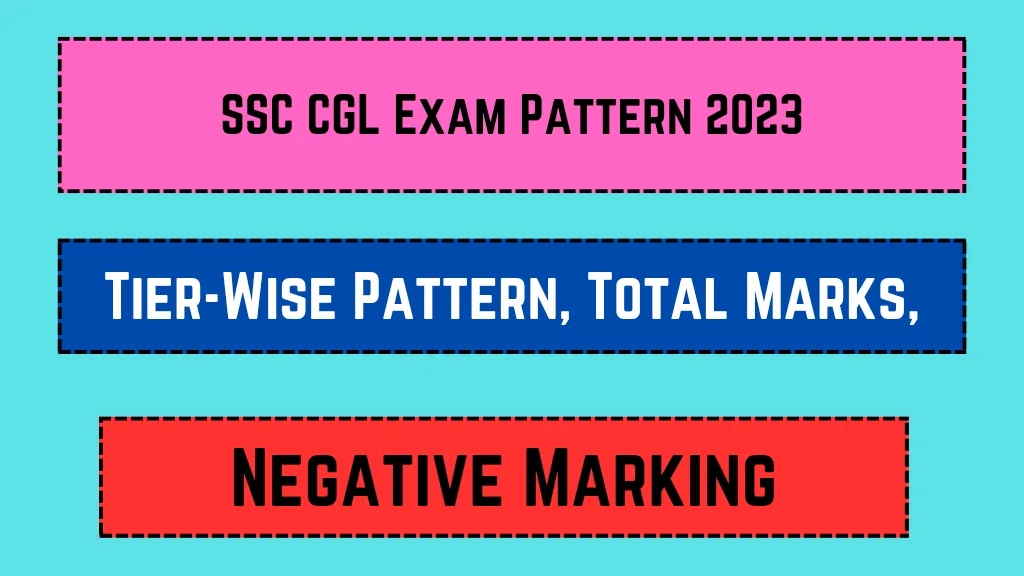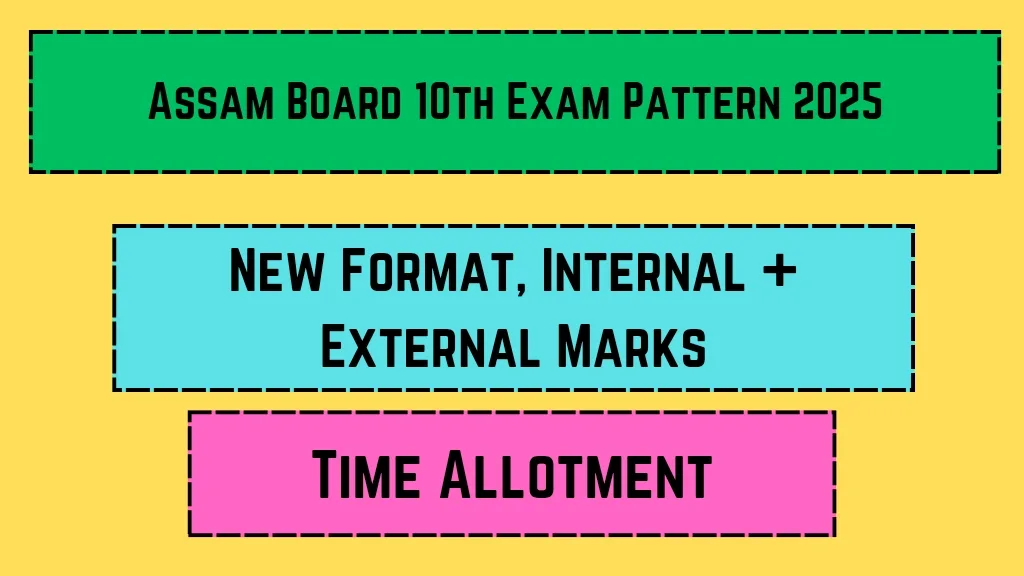The Indian Railways is one of the largest employers in the world, offering numerous job opportunities through exams conducted by the Railway Recruitment Board (RRB). Among the most sought-after positions are Junior Engineer (JE) and Senior Section Engineer (SSE). Both roles are prestigious, but they cater to different career aspirations and skill sets. If you’re confused about whether to pursue RRB JE or RRB SSE, this article will break down the key differences, eligibility criteria, and career prospects to help you make an informed decision.
Key Highlights 🗓
| Aspect | RRB JE | RRB SSE |
|---|---|---|
| Organization Name | Railway Recruitment Board (RRB) | Railway Recruitment Board (RRB) |
| Post | Junior Engineer | Senior Section Engineer |
| Eligibility | Diploma in Engineering | Bachelor’s Degree in Engineering |
| Job Role | Supervisory and Technical | Higher Supervisory and Technical |
| Salary | Approx. ₹35,000 – ₹40,000 | Approx. ₹45,000 – ₹50,000 |
| Promotion Scope | Moderate | High |
| Exam Difficulty | Moderate | High |
| Vacancies | Higher | Lower |
| Official Website | rrbcdg.gov.in | rrbcdg.gov.in |
Eligibility Criteria 📝
RRB JE
To apply for the RRB JE exam, you need:
- A diploma in engineering from a recognized institute.
- Age between 18 to 33 years (relaxation for reserved categories).
- Basic knowledge of computer applications.
RRB SSE
For the RRB SSE exam, the requirements are slightly higher:
- A bachelor’s degree in engineering from a recognized university.
- Age between 20 to 34 years (relaxation for reserved categories).
- Proficiency in technical and supervisory skills.
Job Roles and Responsibilities 🛠
RRB JE
As a Junior Engineer, your primary responsibilities include:
- Assisting in the maintenance and repair of railway infrastructure.
- Supervising junior staff and ensuring safety protocols.
- Handling technical tasks under the guidance of senior engineers.
RRB SSE
As a Senior Section Engineer, you’ll have more advanced duties:
- Overseeing major projects and technical operations.
- Leading teams and managing resources efficiently.
- Making critical decisions to ensure smooth railway operations.
Salary and Benefits 💰
RRB JE
The starting salary for a Junior Engineer ranges between ₹35,000 to ₹40,000 per month. Additional benefits include:
- Travel allowances.
- Medical facilities.
- Pension schemes.
RRB SSE
A Senior Section Engineer earns a higher salary, ranging from ₹45,000 to ₹50,000 per month. Other perks include:
- Higher travel and housing allowances.
- Enhanced medical coverage.
- Faster career progression.
Exam Pattern and Difficulty 📚
RRB JE
The RRB JE exam consists of:
- First Stage CBT: 100 questions (General Awareness, Math, General Intelligence).
- Second Stage CBT: 150 questions (Technical Abilities).
- Document Verification: Final step for selected candidates.
RRB SSE
The RRB SSE exam follows a similar pattern but with a higher difficulty level:
- First Stage CBT: 100 questions (General Awareness, Math, General Intelligence).
- Second Stage CBT: 150 questions (Advanced Technical Abilities).
- Document Verification: Final step for selected candidates.
Career Growth and Promotions 🚀
RRB JE
- Promotions: From JE to SSE, then to Divisional Engineer.
- Timeframe: Promotions depend on performance and experience.
RRB SSE
- Promotions: From SSE to Divisional Engineer, then to higher managerial roles.
- Timeframe: Faster promotions compared to JE due to higher qualifications.
Which Exam Should You Choose? 🤔
Choosing between RRB JE and RRB SSE depends on your qualifications and career goals:
- If you have a diploma and want to start your career early, go for RRB JE.
- If you hold a bachelor’s degree and aim for higher responsibilities, RRB SSE is the better choice.
Both exams offer excellent opportunities, but your decision should align with your long-term aspirations.
By understanding the differences between RRB JE and RRB SSE, you can make a well-informed decision and take the first step toward a rewarding career in the Indian Railways. 🚉
